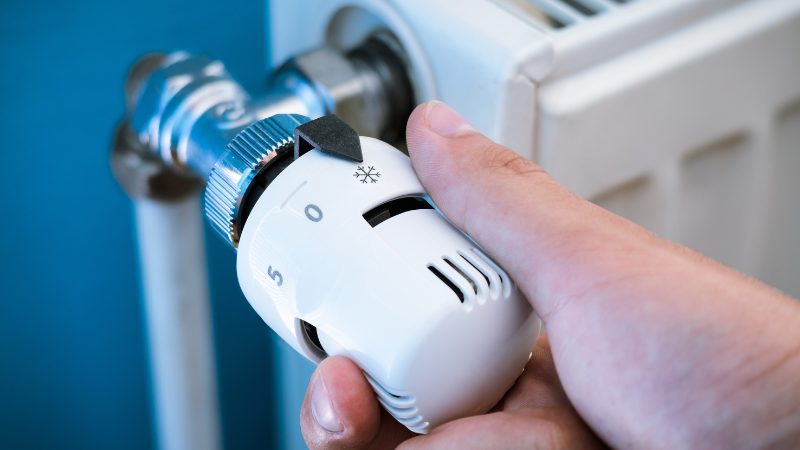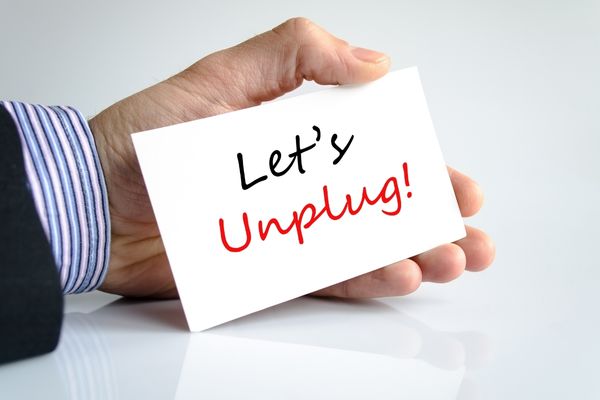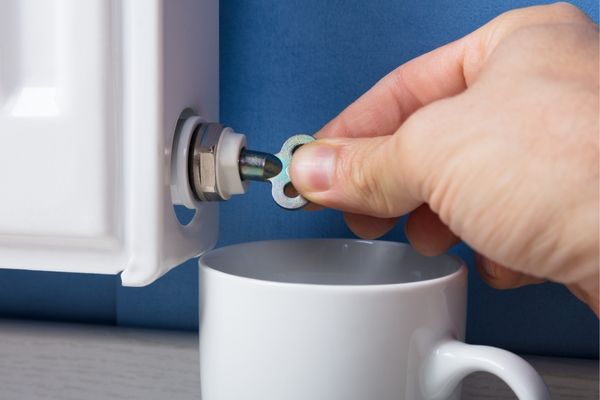
Energy bills: what are the best ways to save this winter?
The prospect of huge home energy bills this winter means that most of us are desperately searching for ways to reduce how much gas and electricity we use. Follow our top 10 tips and advice for quick and easy ways to help keep a lid on costs.
1. Turn down the thermostat
If you turn down your thermostat just one degree it will cut your heating bills straight away, and you may not feel any difference. Experts suggest waiting for a day and seeing how it feels. If you’re still feeling OK, turn it down another degree. Most families are happy with a setting somewhere between 18C and 21C but it may need to be warmer if, like many kidney patients, you feel the cold or there are elderly people living in the property.
2. Switch off standby
Unplugging devices at the mains will make sure they are not adding to your bill unnecessarily. Almost all electrical appliances can be turned off at the plug without upsetting their programming. You may want to think about getting a standby saver or smart plug which allows you to turn all your appliances off standby in one go. Check the instructions for any appliances you aren’t sure about. Some satellite and digital TV recorders may need to be left plugged in so they can keep track of any programmes you want to record. Find out which appliances use the most energy in your home.

3. Take regular meter readings
Unless you have a smart meter, your energy provider will estimate your usage if you don't provide regular meter readings. If they overestimate, you can end up overpaying for what you’re using. If they underestimate, you will owe them money that you have not been billed for and could receive a steep bill unexpectedly. To avoid these problems it’s always best to provide a meter reading as soon as your provider asks you for one.
4. Winter-proof your home
There’s no point cranking up the heating if that warm air is escaping under the door, gaps around the floor, or up the chimney, and there are cheap fixes for this. You can make your own draught-excluders for internal doors using rolled-up towels, or tights filled with old clothes. If there’s a chimney you’re not using, stop the hole with an inflatable chimney balloon, which cost about £20. Or you might want to consider professional draught-proofing, which though more costly than DIY is likely to save more energy - and money - in the long run.
5. Turn off the heating in unused rooms
Many of us will delay switching on our radiators for as long as possible. However, once the heating goes on, if you limit it to only the rooms you use (and use the radiator valves to turn the heating off) you can have it on but still cut your energy usage. Also, ensure sofas or beds aren’t in front of radiators as that prevents the warm air from circulating. Whatever you do don’t forget to bleed radiators: ensuring there’s no air trapped inside will keep your central heating system running efficiently.

6. Heat the human, not the home
When energy companies advised customers to cuddle their pets it rightly caused a furore but there are obvious steps you can take to keep warm, such as adding extra layers, wearing thick wool jumpers (as a natural fabric, wool is warmer than synthetic fabric), fleecy onesie or investing in thermal vests and leggings. At this time of year, the shops are full of clothing to suit every budget.
7. Swap your bath for a shower and install a water-efficient shower head
A five-minute shower uses about a third of the water of a bath. Obviously the less water you use, the less energy you need to heat the hot water, and the lower your energy bills will be. Heating water is responsible for about 20% of household gas consumption and “low flow” shower heads can cut water use by about 40%.
8. Be Savvy in the Kitchen
Microwaves, slow cookers and air fryers all tend to be cheaper ways of cooking meals than using an oven. Other tweaks include batch cooking, using the right-sized pan with a lid, simmering rather than boiling, and avoiding overfilling the kettle.

9. Careful with your washing
If possible use your washing machine on a 30-degree cycle instead of higher temperatures, reduce the number of runs per week and always fully load it (in line with manufacturers' guidance of course). Only run your dishwasher when it's full to reduce the amount of water you use. Avoid using a tumble dryer for your clothes: dry on racks inside where possible or outside in warmer weather.
10. Tell your supplier if you're worried about paying your bills
If you're struggling to pay your bills, contact your energy supplier as soon as possible. You'll find contact details for your current energy supplier on a recent energy bill. Your energy supplier is required to work with you to find a solution. This could be a payment plan, where you pay small amounts over a longer period of time, or the installation of a prepayment meter, so that you pay your utility bills in advance and can control your spending.
The British Gas Energy Trust is an independent charitable trust set up to support people facing energy debt across England, Wales and Scotland. You don't have to be a British Gas customer to access their specialist money and energy advice.
Could you be entitled to financial support?
Kidney Care UK’s online Benefits Calculator will help you identify any payments you might be missing out on. The calculator is free to use, and the details you provide are anonymous.
For Adults and Children undertaking dialysis at home, you can get the utility costs reimbursed. Discuss this with your doctor, local dialysis unit or see here for more information.
- Hits: 5892
